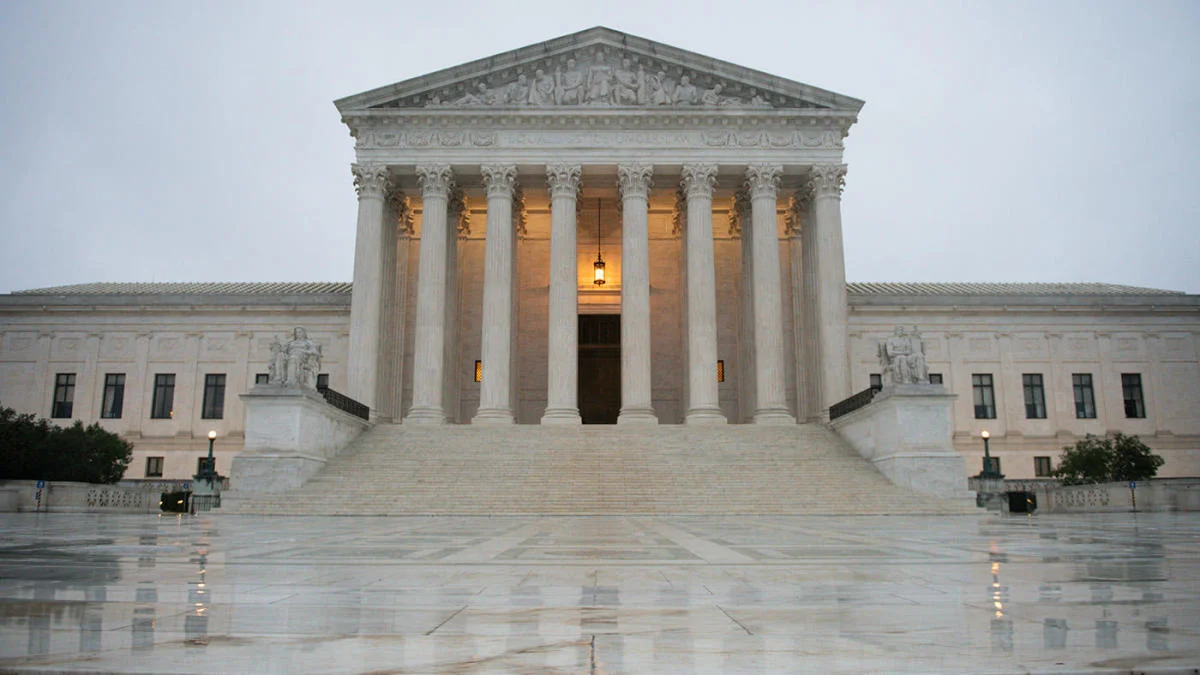By Kyle T. Moseley
The major historically black colleges and universities (HBCU) athletic conferences are led by commissioners Jacqie McWilliams (CIAA), Sonja Stills (MEAC), Dr. Anthony Holloman (SIAC), and Dr. Charles McClelland (SWAC) — also known as the “4HBAC.” The four sports conferences’ leaders traveled to Washington, D.C. to engage in critical discussions at the White House and in Congress about pending NIL legislations that could cripple sports programs at HBCUs. Fortunately, prominent figures like Sen. Cory Booker, Sen. Richard Blumenthal, Sen. Maria Cantwell, Rep. Alma Adams, and Rep. Colin Allred, as well as Chiefs of Staff and staffers were willing to listen and take action on behalf of the black college sports leagues and their member institutions.
“It’s beyond just the name, image, and likeness conversation for us,” Commissioner Jacqie McWilliams said to HBCU Legends. “I think it was the opportunity to make sure they knew who we were. The advocacy that we have, with college athletics, but also the higher education and academics on our campuses. Most of them are working with our presidents and tag teaming as a strength of leadership – we’re trying to protect the interests of our students and student-athletes across HBCUs.”
THE HBCU NIL LEGISLATION DELIMMA
The recently proposed NIL bill requires schools to begin classifying student-athletes as employees. Should it become a law, the 4HBAC believe it would burden HBCUs and force them to the dismantle parts of athletic programs across the country. Several of the Capitol Hill supporters noted the potential harm the bill would cause and oppose the legislation.
The meetings were aimed for the 4HBAC to exhibit their leadership and influence to the Capitol Hill decision makers, address their letter to Congress, and attempt to influence lawmakers against approving the pending NIL (name, image, and likeness) legislation.
“We represent over 50 institutions, 15,000 student-athletes at Division I and Division II levels,” Dr. Anthony Holloman noted. “So it was important for us to weigh in because we understand, and we support NIL, But we don’t support any legislation or law that would adversely impact our institutions.”
In the third paragraph of the 4HBAC’s letter to Congress, they mention the risk of the upcoming decisions. “The laws have made it difficult for the 4HBAC to manage and support member institutions and student-athletes. In other cases, it has also become a challenge to retain our HBCU student-athlete population due to the differences in laws instituted from state to state.”
STUDENT-ATHLETES AS EMPLOYEES POSES PROBLEMS FOR HBCUs
The financial stress on less stable HBCU institutions may force them to disband sports programs, and in some cases, completely shut down sports departments.



